Steve Jobs considered 7-inch Apple iPad, claims exec
Apple's late CEO was open to the idea of a smaller iPad, reveals leaked email.

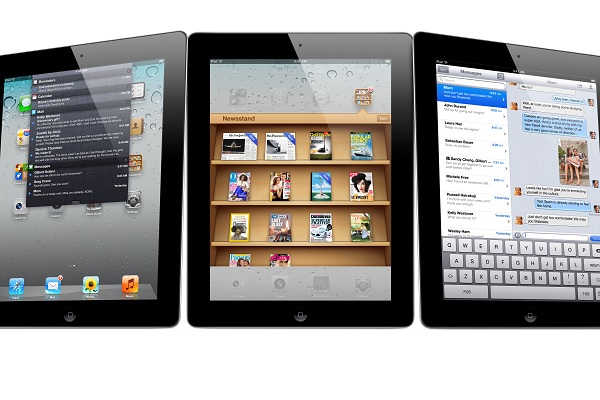
Apple and Samsung are going toe-to-toe in a patents dispute mirroring a struggle for industry supremacy between two rivals that control more than half of worldwide smartphone sales.
The US company accuses Samsung of copying the design and some features of its iPad and iPhone, and is asking for billions of dollars in damages and a sales ban.
The Korean firm, which is trying to expand in the US market, says Apple infringed some of its key wireless technology patents.
Cue, who rose to prominence overseeing the iTunes and Apps stores, became the company's senior vice president of internet software and services in September. His email was introduced by Samsung during a cross-examination of Forstall on Friday.
In the email dated January 24, 2011, Cue said he had broached the idea of a smaller tablet to Jobs several times since Thanksgiving, and the co-founder was receptive "the last time."
That appeared to run counter to Jobs' famous dislike of smaller tablets. In 2010, Jobs told analysts on a conference call that 7-inch tablets should come with sandpaper, so users could file their fingers down to a quarter of their size.
"There are clear limits of how close you can physically place elements on a touch screen before users cannot reliably tap, flick, or pinch them," Jobs, who died in October after a years-long battle with cancer, said at the time.
Sign up today and you will receive a free copy of our Future Focus 2025 report - the leading guidance on AI, cybersecurity and other IT challenges as per 700+ senior executives
"This is one of the key reasons we think the 10-inch screen size is the minimum size required to create great tablet Apps."
Apple still dominates the global tablet market, but rivals are closing in. Google unveiled the Nexus 7 in July to strong reviews. And Amazon's Kindle Fire tablet, with a price tag about half the iPad's, has encroached on Apple's market share. Analysts say smaller, cheaper tablets entice cost-conscious buyers unwilling to spend $500 or more for an iPad.
Court action
The trial began this week and has already granted Silicon Valley an unprecedented peek behind the curtain of Apple's famously secretive design and marketing machine.
Forstall described the early days of the iPhone's top-secret inception. The smartphone that went on to revolutionize the mobile industry was developed in a building engineers nicknamed the "purple dorm." Security was so tight employees sometimes had to swipe their badges four times just to get in, he said.
-
 What the fragmentation of UC means for the channel
What the fragmentation of UC means for the channelIndustry Insights If communications are becoming fragmented, what does that mean for MSPs and VARs?
-
 How SMBs can DIY their IT implementation and support
How SMBs can DIY their IT implementation and supportFeature For some small and medium-sized businesses, the third-party expertise and support might be out of reach. What’s the alternative?
-
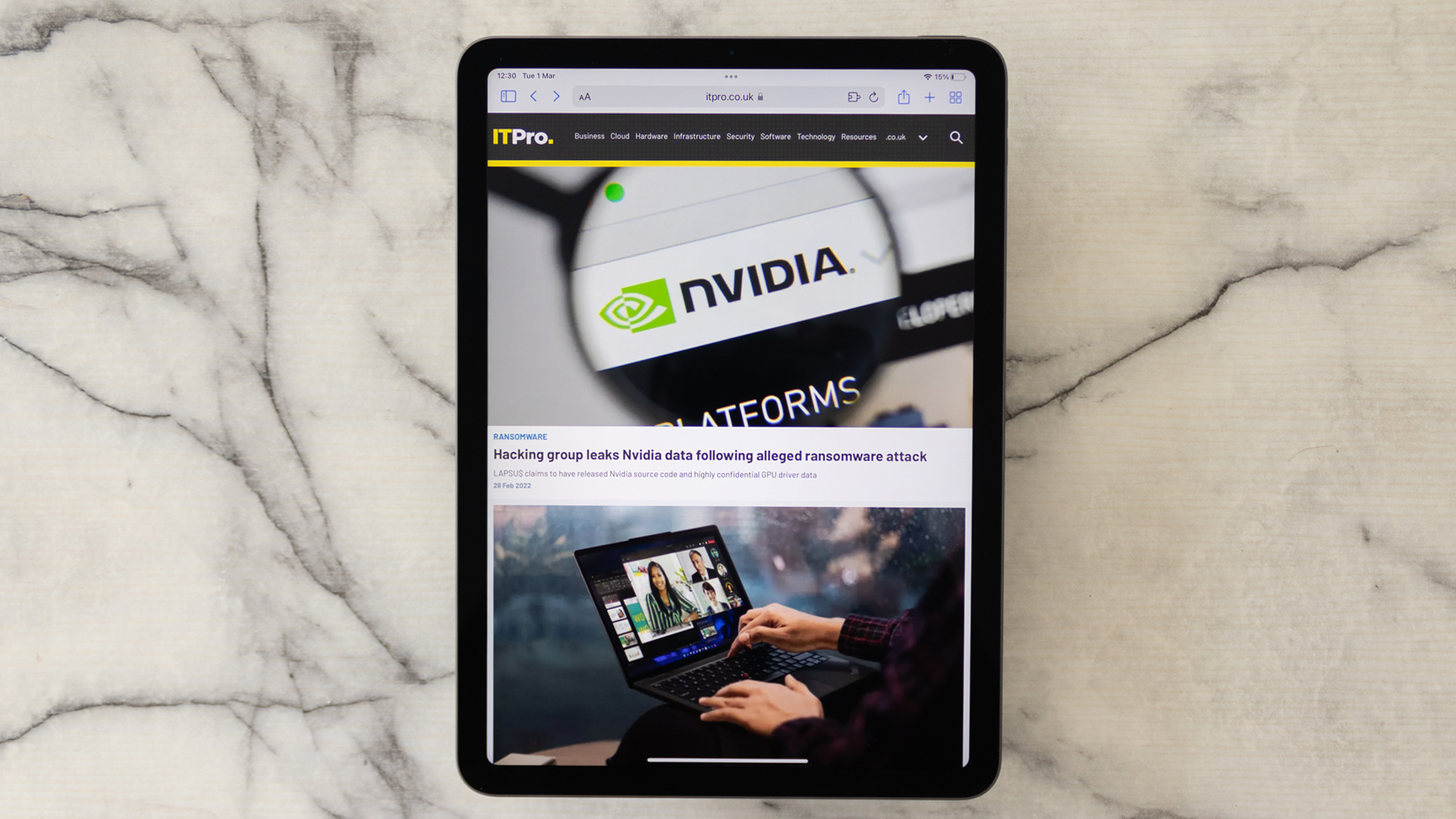 Apple iPad Air (2020) review: The executive’s choice
Apple iPad Air (2020) review: The executive’s choiceReviews With the iPad Air’s most recent redesign, Apple has delivered the best bang-for-buck tablet money can buy
-
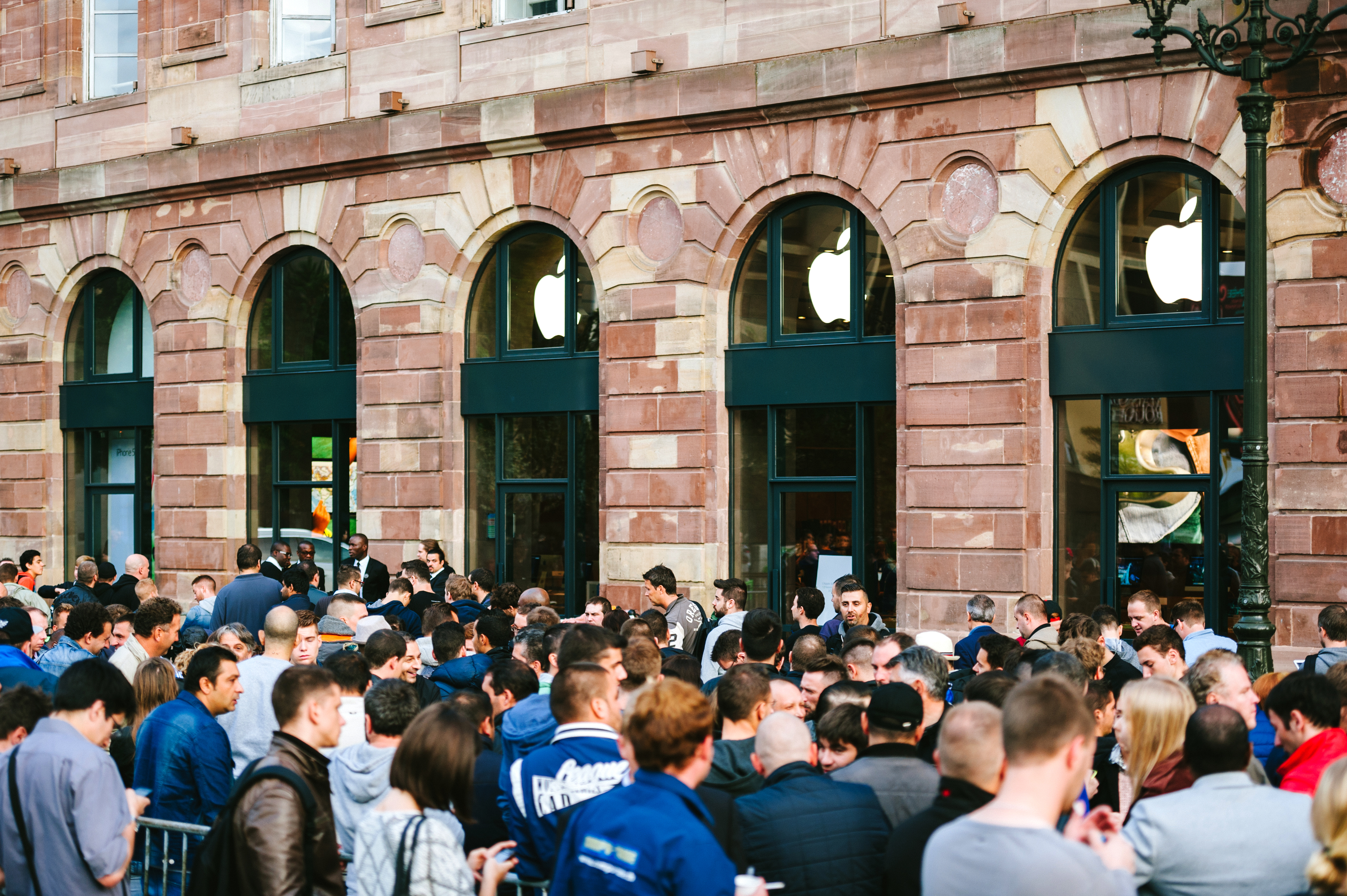 In praise of the early adopters
In praise of the early adoptersOpinion The IT industry needs early adopters like you – and tech that fell by the wayside should still be celebrated
-
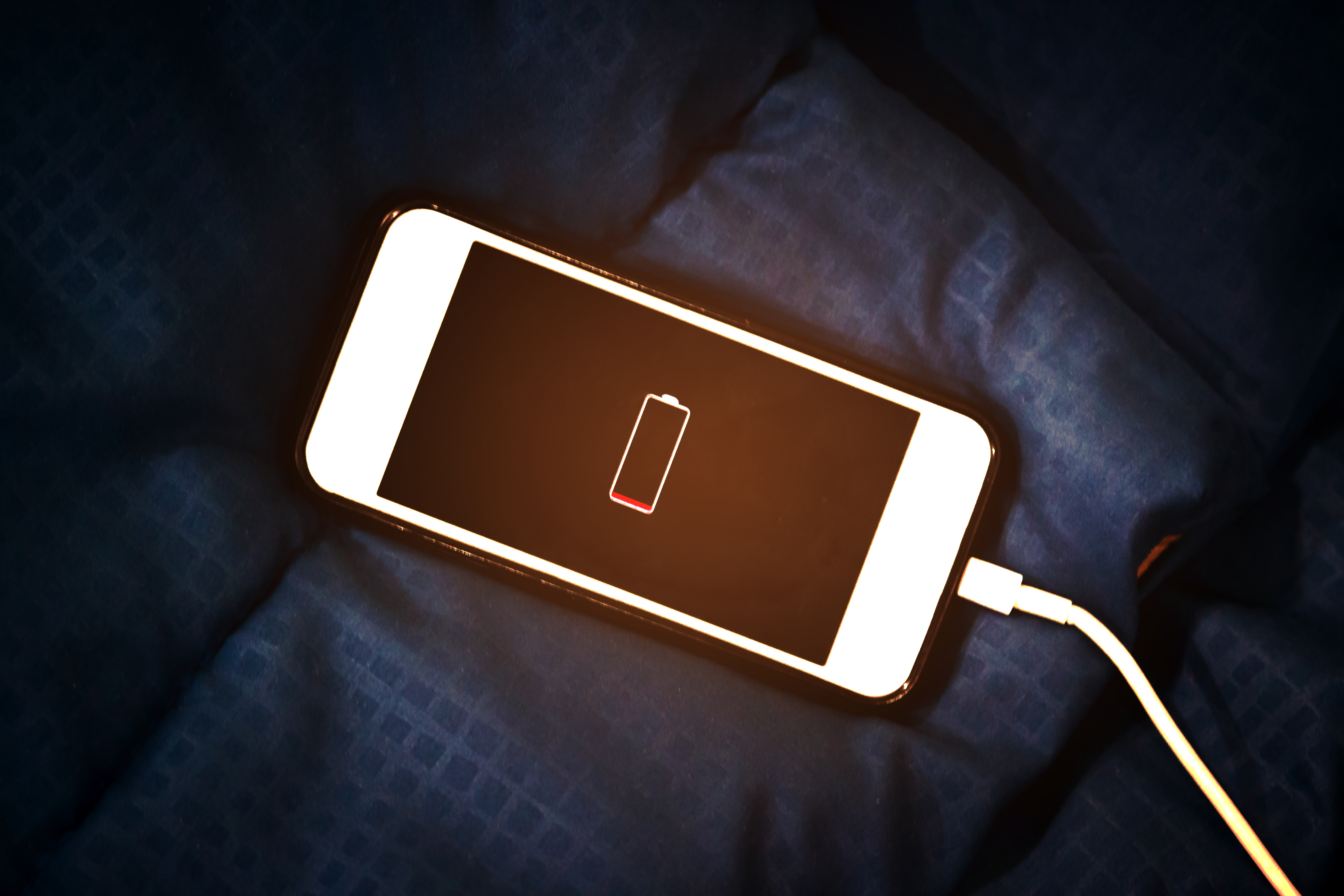 Apple is experimenting with attention sensors to save battery life
Apple is experimenting with attention sensors to save battery lifeNews Your next Apple device may shut down if you are not paying attention to it
-
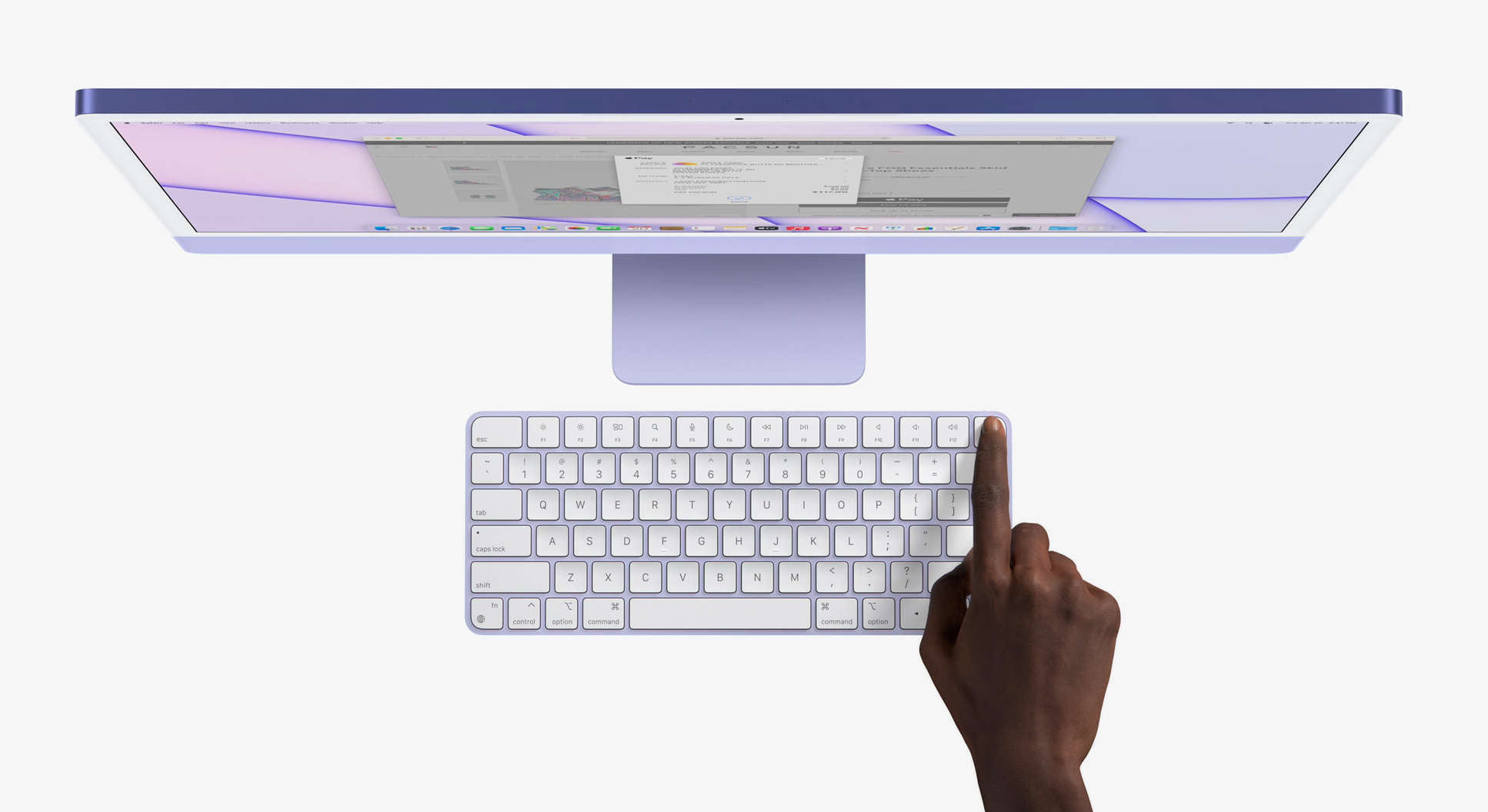 Apple unveils M1-powered iPad Pro and iMac at April 2021 event
Apple unveils M1-powered iPad Pro and iMac at April 2021 eventNews The new Apple Silicon hardware will be available to order from April 30
-
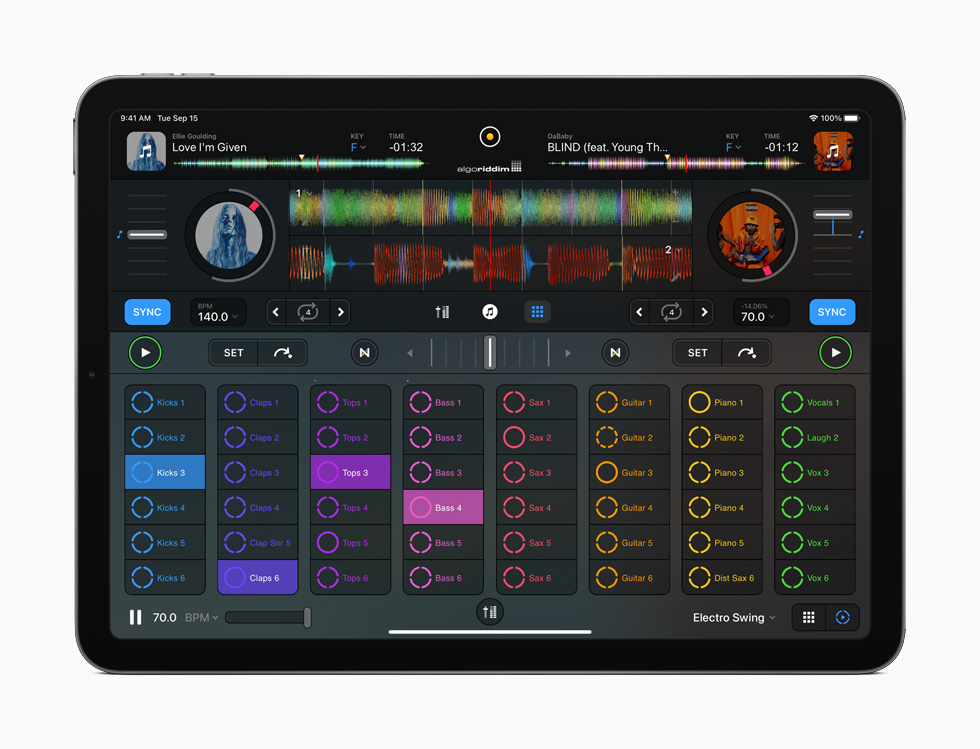 iPad Air 2020 debuts with A14 Bionic chip and USB-C
iPad Air 2020 debuts with A14 Bionic chip and USB-CNews Apple touts its latest flagship tablet as the “most powerful” iPad Air ever
-
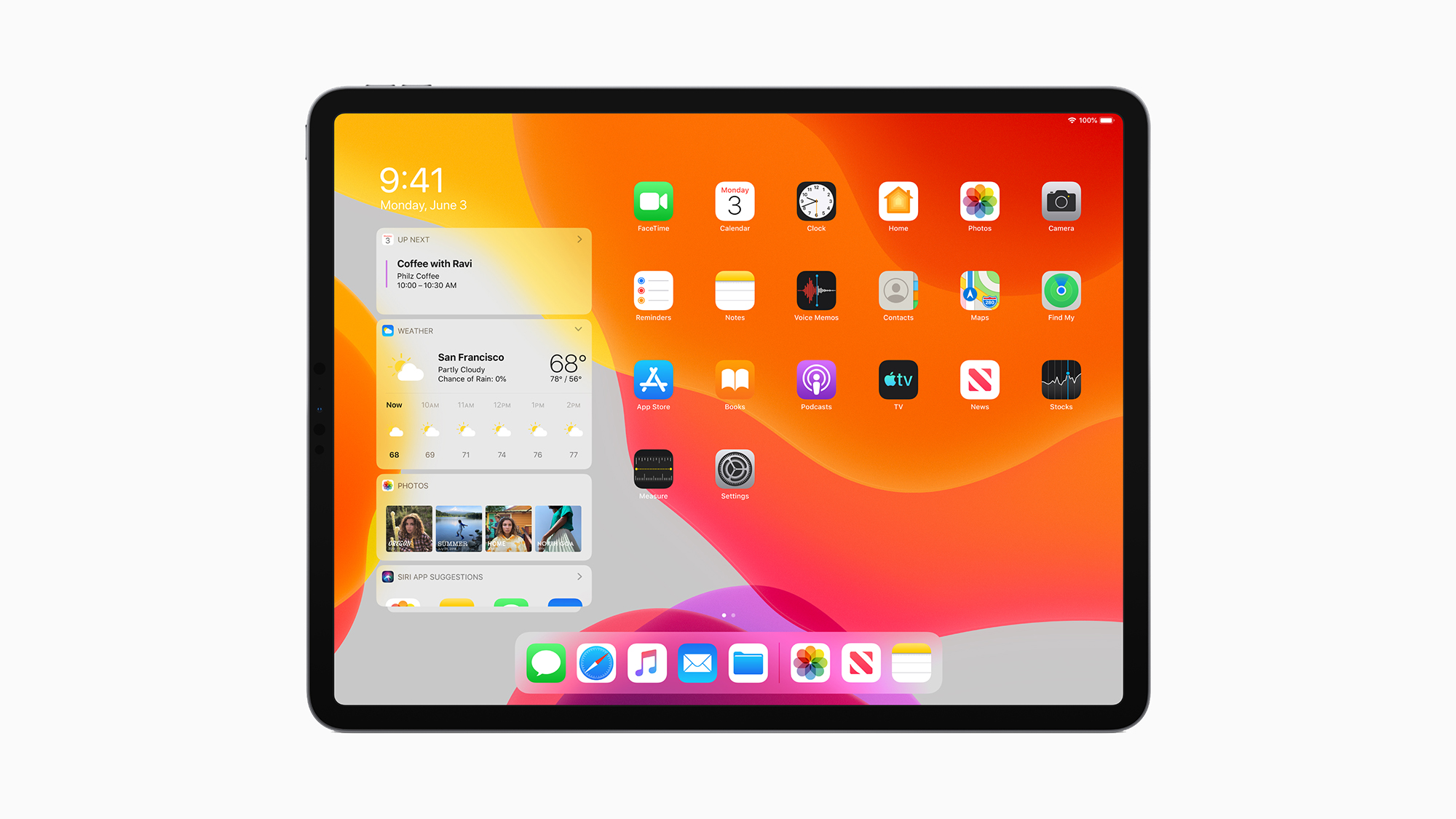 Apple reveals iPadOS at WWDC19
Apple reveals iPadOS at WWDC19News Cupertino's tablet range breaks free of iOS with new dedicated software
-
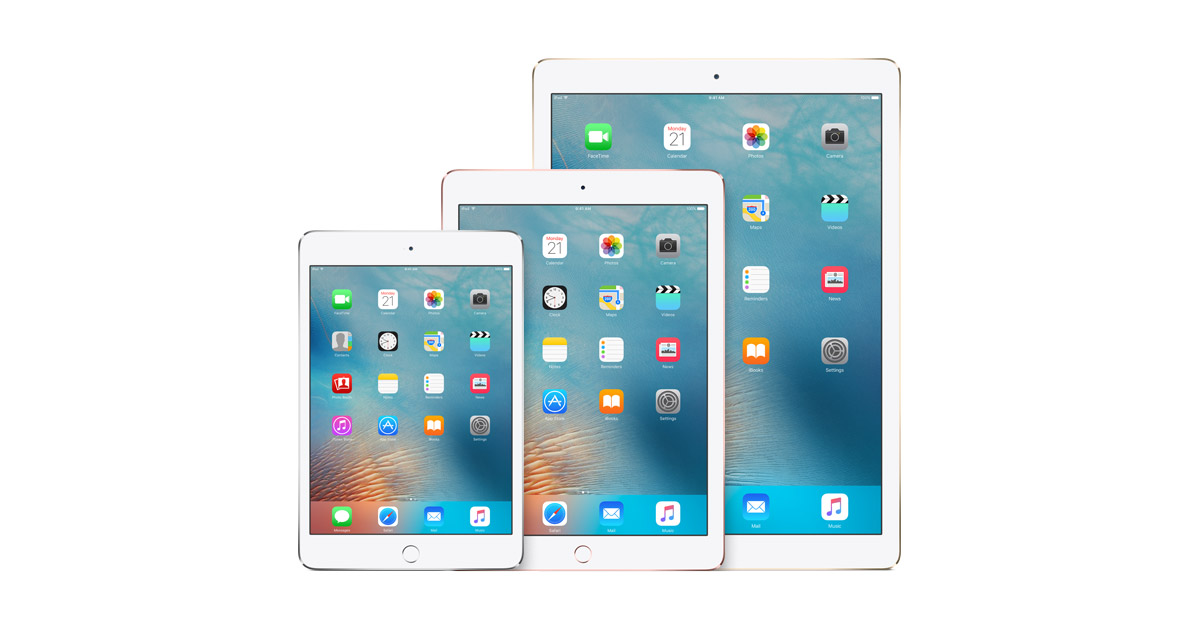 Best iPad apps for 2019
Best iPad apps for 2019Best Our collection of the best and most popular iPad apps to download in 2019
-
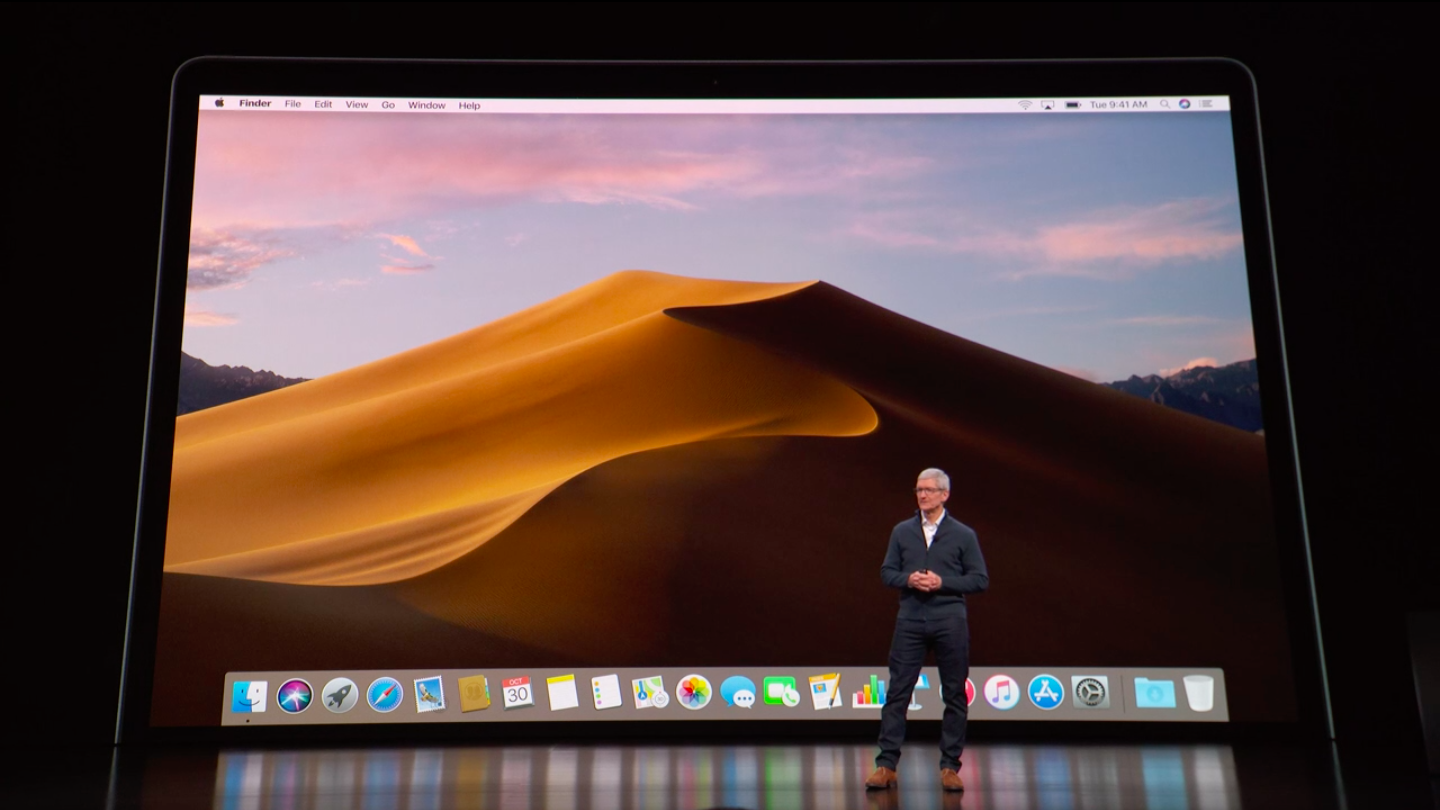 Apple Event: New MacBook Air, iPad Pro and Mac mini launched
Apple Event: New MacBook Air, iPad Pro and Mac mini launchedNews Apple appeases fans with long-requested hardware refreshes